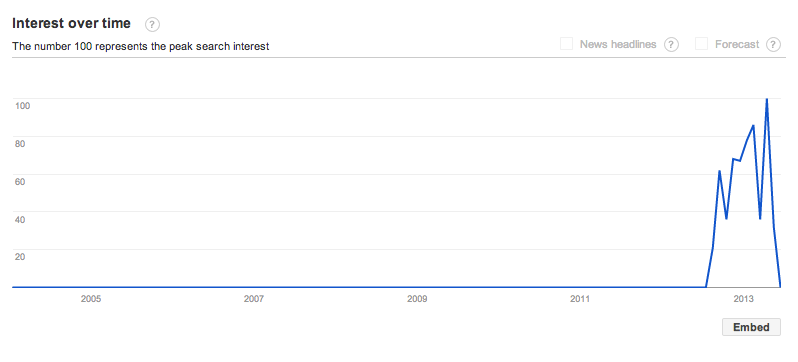The Curious Case of the Word 'Sonder'
If you spend a lot of time on Tumblr and Reddit you might have encountered this word before:
sonder n. the realization that each random passerby is living a life as vivid and complex as your own—populated with their own ambitions, friends, routines, worries and inherited craziness—an epic story that continues invisibly around you like an anthill sprawling deep underground, with elaborate passageways to thousands of other lives that you’ll never know existed, in which you might appear only once, as an extra sipping coffee in the background, as a blur of traffic passing on the highway, as a lighted window at dusk.
It describes a feeling I’m sure many of you have had. It’s poignant, humbling and thought provoking. I’ve had this feeling quite a few times, and I like it. But is ‘sonder’ a real word or not?
The Origin of Sonder
The catalyst for this post is seeing the word being mentioned online, often with the response that it’s not a real word. The recent example can be seen here. There are many more example of this: 1, 2, 3, 4, 5.
The reason for these responses, are that yes, sonder is a word that was created by The Dictionary of Obscure Sorrows (DoOS). Urban Dictionary now lists the word as well. So the word was created by a blog on Tumblr very recently, yes. It cannot be found in any ‘official’ dictionary, except in some other languages such as Afrikaans and French where it has different meanings. The origin of sonder is most likely not related to any word and just made up. The creator of the DoOS said this himself.
You can see the Google Trends start spiking for the term “sonder definition” around the time word got posted.
 So by all definition (pun intended) 'sonder' is a new and not real word, but still the comments that users have made that it's not a real word irks me. Here's why:
So by all definition (pun intended) 'sonder' is a new and not real word, but still the comments that users have made that it's not a real word irks me. Here's why:
What is a word?
A word is made up of two parts: a form and meaning. To think of it in programming terms, variable name and variable. The form of a word is the pointer or reference, so this can be either the written or spoken form. This form references a concept or the meaning in your brain. Concepts are complex. That’s why synonyms like frightening and terrifying probably relate to very similar concept boundaries but differ slightly.
This is why having a first language is a great resource to learn new vocabulary in a foreign language because you already have concept boundaries formed. Some foreign language words might differ, but initially you map the new foreign form to the same concept. So two forms point to the same concept. Later these change over time as you realize the foreign form does not entirely map the same concept boundary in your first language.
Now that we understand what a word is, let’s segway:
What is a dictionary?
A dictionary is the implicit common consensus on words in a language: their form to meaning relationships. It is usually created explicitly by a group of people that try and describe the words in a language. Now, they do and should not control which words are correct or not. This is very important: official dictionaries do not represent correct or ‘real’ words. They try and describe the common consensus on words. That’s how neologisms gets entered into the official dictionaries. For instance dumbphone was added in February this year.
Then this happens. Look at the first comment in the link above:
Sad to see that the OED includes fashion words quite so fast. Why not wait to see if they survive a decade or so before polluting a beautiful language with items that will mean little or nothing in the blink of an eye.
This is what I want to address.
What is a real word?
There is no such thing as a real word. Any form to concept link is a word. That’s a word. Sonder is a real word. I can use it and some people will understand it (like my brother, who first introduced sonder to me). We have a similar form to concept binding. That’s how language works.
Language is not governed by people, but used by people. If new words are common, that’s how the language is used. Not because some dictionary decided to choose some flimsy new word and now all hell breaks loose. What did people do before dictionaries?
However, I can’t use sonder in my next philosophy paper, not because an official dictionary doesn’t have it, but because its not widely known yet. However, that can be said about any obscure word, such as pyknic. Just because it’s in the dictionary doesn’t make it anymore or less valid as a word to use, nevermind ‘polluting a beautiful language’.
That’s why one of the most important concepts in communication is knowing your recipient. It’s your responsibility to bring your message across as clear as possible. This is obviously not always easy, where for example your concept which is linked to a form, triggers a slightly different reaction and concept when presented to your recipient.
The point is this: a word can’t be more real than any other word. It can be more widely known, which allows you to use it in everyday conversation, but just because a dictionary doesn’t have it doesn’t make it any less of a word. Sonder is a word, but you should understand the discourse context and choose your words appropriately.
